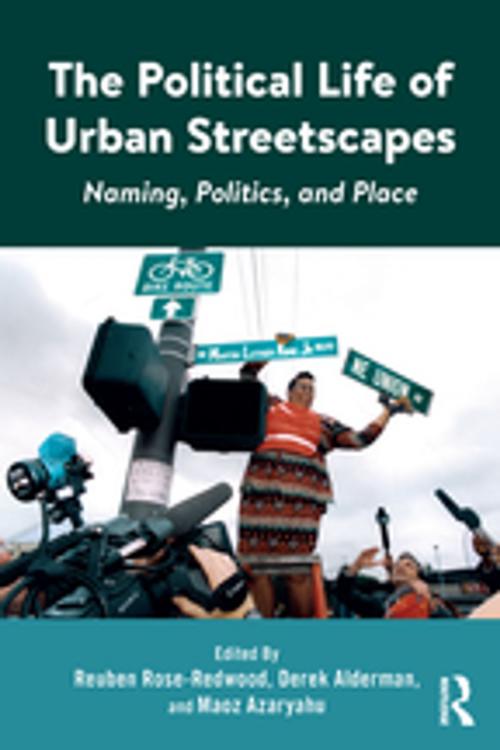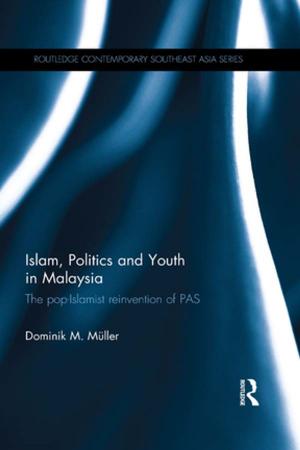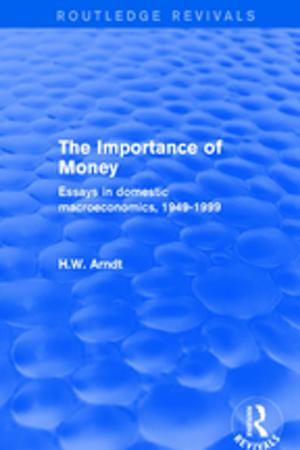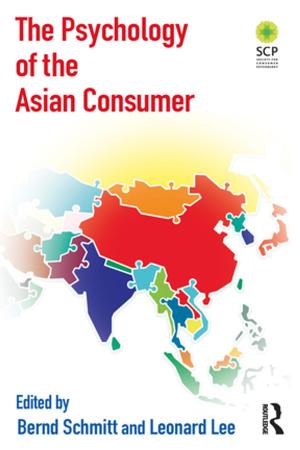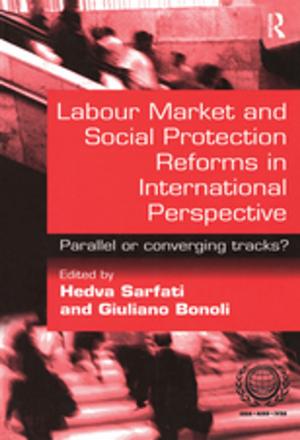The Political Life of Urban Streetscapes
Naming, Politics, and Place
Nonfiction, Social & Cultural Studies, Social Science, Human Geography, Sociology, Urban, History| Author: | ISBN: | 9781317020707 | |
| Publisher: | Taylor and Francis | Publication: | July 6, 2017 |
| Imprint: | Routledge | Language: | English |
| Author: | |
| ISBN: | 9781317020707 |
| Publisher: | Taylor and Francis |
| Publication: | July 6, 2017 |
| Imprint: | Routledge |
| Language: | English |
Streetscapes are part of the taken-for-granted spaces of everyday urban life, yet they are also contested arenas in which struggles over identity, memory, and place shape the social production of urban space. This book examines the role that street naming has played in the political life of urban streetscapes in both historical and contemporary cities. The renaming of streets and remaking of urban commemorative landscapes have long been key strategies that different political regimes have employed to legitimize spatial assertions of sovereign authority, ideological hegemony, and symbolic power. Over the past few decades, a rich body of critical scholarship has explored the politics of urban toponymy, and the present collection brings together the works of geographers, anthropologists, historians, linguists, planners, and political scientists to examine the power of street naming as an urban place-making practice. Covering a wide range of case studies from cities in Europe, North America, Sub-Saharan Africa, and Asia, the contributions to this volume illustrate how the naming of streets has been instrumental to the reshaping of urban spatial imaginaries and the cultural politics of place.
Streetscapes are part of the taken-for-granted spaces of everyday urban life, yet they are also contested arenas in which struggles over identity, memory, and place shape the social production of urban space. This book examines the role that street naming has played in the political life of urban streetscapes in both historical and contemporary cities. The renaming of streets and remaking of urban commemorative landscapes have long been key strategies that different political regimes have employed to legitimize spatial assertions of sovereign authority, ideological hegemony, and symbolic power. Over the past few decades, a rich body of critical scholarship has explored the politics of urban toponymy, and the present collection brings together the works of geographers, anthropologists, historians, linguists, planners, and political scientists to examine the power of street naming as an urban place-making practice. Covering a wide range of case studies from cities in Europe, North America, Sub-Saharan Africa, and Asia, the contributions to this volume illustrate how the naming of streets has been instrumental to the reshaping of urban spatial imaginaries and the cultural politics of place.
